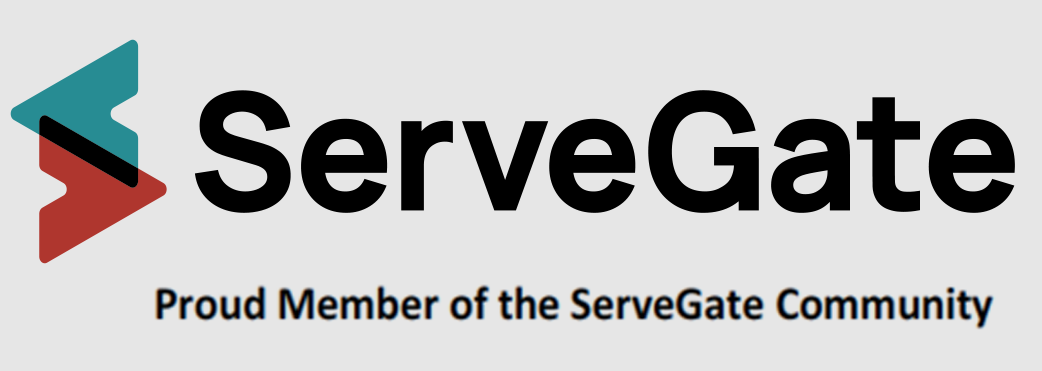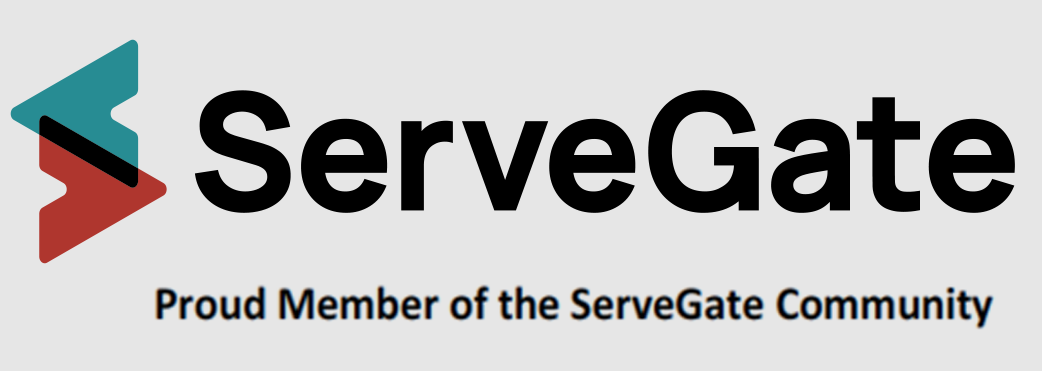Our Insights
A learning principle for lifelong learning.

These are the three dimensions of Jesuit pedagogical philosophy that lie at the core of Jesuit education. The back story is that the Jesuits are a religious order founded by a soldier who turned priest, Ignatius of Loyola, in the 1500s. Today, around the world and here in Australia, there is Jesuit involvement in tertiary education, academic research, public policy and university colleges, as well as some well-known schools.
Irrespective of your religious affiliations, what does the Jesuit pedagogical philosophy have to do with corporate learning and development?
Simplicity.
In an academic universe, where pedagogy appears to be a much-studied science and sometimes poorly applied practice, it is no wonder Jesuit scholars with an eye on the practical came up with a simple application.
Learn cycle leads to lifelong learning.
‘Learn, act, reflect,’ once in motion, the Jesuits believe, creates a cycle of learning that leads to lifelong learning.
And it makes for common sense. You might hear academics cringe:
- Learn what is important. What do you need to know?
- Act on what you have learnt. Let’s practise.
- Reflect on the result. What would you do differently next time?
Reflection is critical to solidify and crystallise learning.
Got pedagogy. Now add technology.
So, how might this pedagogical philosophy influence our approach to learning, teaching and assessment in today’s digital learning environment?
At a course level?
Learn the theory online. Act on it by attempting some practice tasks. Reflect on it by reviewing results with a facilitator or learner group.
At the point of need?
Learn by watching a demonstration video. Act on it by applying the learning to the task. Reflect on it by identifying how you might improve on the next practice and share with co-workers or a supervisor.
Reflection teaches critical thinking.
Reflection means taking a step back and asking: “When I put the theory I learnt into action, what was the result? Did I achieve what was expected? Is there still a performance gap? How can I improve? What else do I need to learn?”
Reflection and critical thinking put learners and trainees – your employees – in charge of their own learning. What better employee to face an uncertain future at work than one who can expand their perspective, take a creative approach, solve more complex problems and adapt to new situations and circumstances?
Spinifex acknowledges the Aboriginal and Torres Strait Islander peoples as First Australians and recognises their culture, history, diversity and their deep connection to the land. We acknowledge that Spinifex operates on the land of the Traditional Custodians and pay respect to their Elders past, present and emerging.


